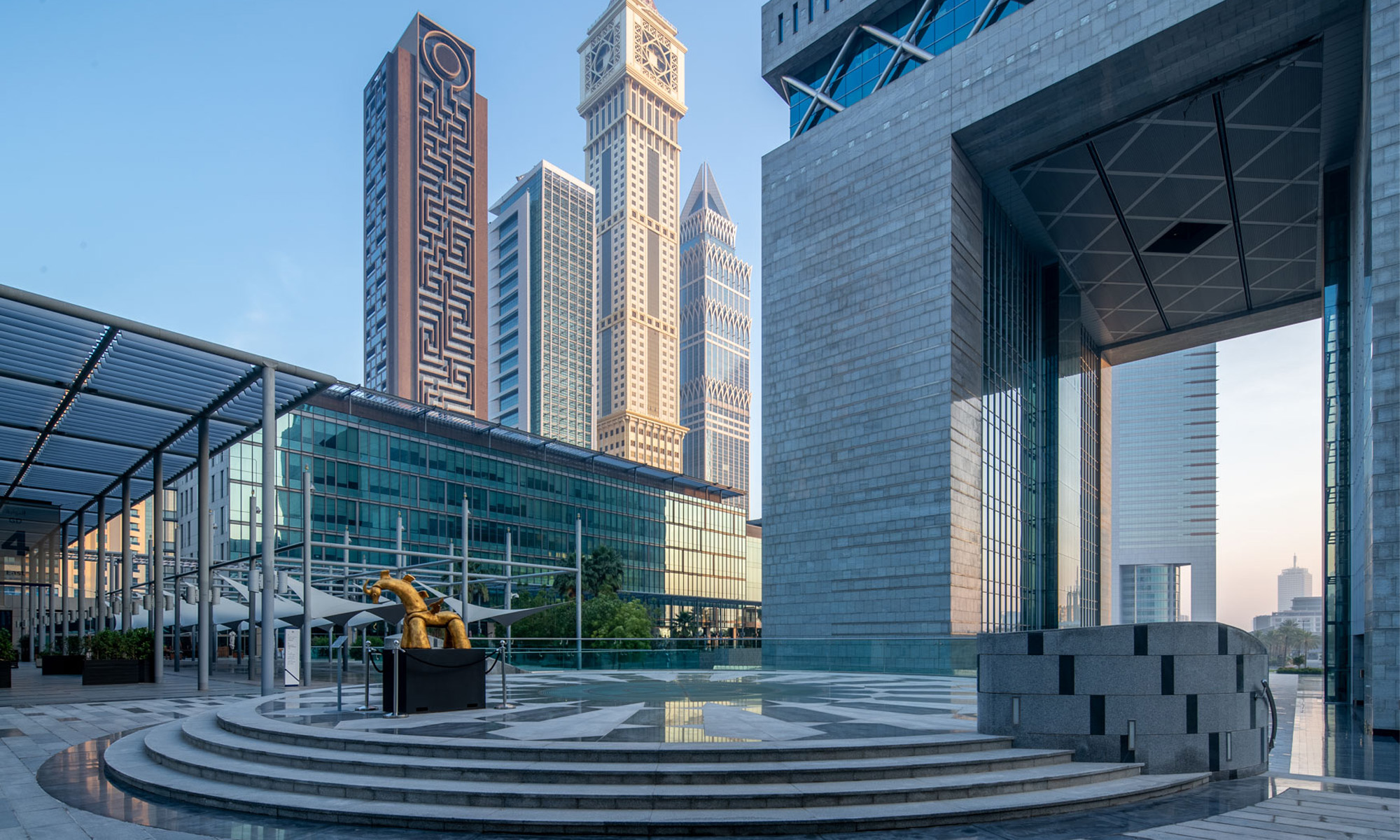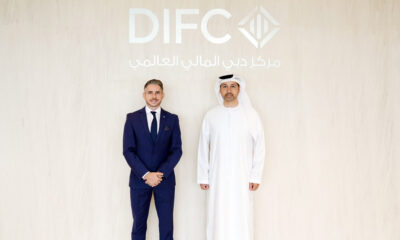News
Dubai To Issue Licenses To Support AI And Web3 Businesses
The licenses will be 90% subsidized and support the emirate’s push to transform itself into a digital society.

Dubai will issue commercial licenses to help artificial intelligence and Web3 startups to set up businesses as the UAE aims to attract more investment and further digitize its economy.
The licenses will be issued by the AI and Web 3.0 Campus through the Dubai International Financial Center and will be 90% subsidized, the DIFC said on Monday.
The activities will include AI research and consultancies, IT infrastructure, technology research and development, and public networking services.
“We are confident that by granting these licenses, we will attract more global talent and investment to the region and create a culture of collaboration and innovation. This is a notable milestone for the Dubai AI and Web3 Campus and will strengthen Dubai’s position as the business destination of choice for technology-focused companies,” explained Mohammad Alblooshi, chief executive of the DIFC Innovation Hub.
Launched in June, the campus aims to form the largest cluster of AI and Web3 companies in the MENA region. DIFC aims to attract over 500 companies by 2028, bring $300 million in funds, and create more than 3,000 jobs over the next five years.
Also Read: USB-C Will Be Mandatory From 2025 For All Saudi Smart Devices
AI has rapidly gained traction as the digital economy grows and countries continue to encourage its adoption. The technology is already in widespread use for online shopping, search engines, smart homes, data analysis, speech and face recognition systems, and more.
For businesses, AI could add between $2.6 trillion and $4.4 trillion annually, according to a recent study from McKinsey. Web3, meanwhile, encompasses blockchain and general decentralization and is projected to contribute $15 billion to GCC economies annually by 2030.
News
Alienware Just Announced Six New Gaming Monitors
The new models include three QD-OLED and three budget-friendly QHD options, expanding the company’s lineup for all gamers.

Alienware has just updated its gaming monitor lineup with six new additions, including the highly anticipated Alienware 27 4K QD-OLED Monitor. The latest wave of releases is set to reach more gamers than ever, offering high-end QD-OLED displays alongside more budget-friendly options.
The latest displays clearly show that the company is doubling down on QD-OLED with three new models sporting the technology. A redesigned Alienware 34 Ultra-Wide QD-OLED Monitor is also making a return, further refining what is already a fan-favorite display.
A Unified Design: The AW30 Aesthetic
All six monitors feature Alienware’s new AW30 design language, first introduced at CES. The AW30 aesthetic brings a futuristic, minimalist look that unites the entire lineup under a cohesive visual identity.
Pushing QD-OLED Even Further
The refreshed Alienware 34 Ultra-Wide QD-OLED Monitor (AW3425DW) builds on its predecessor’s success with a 240Hz refresh rate (up from 175Hz) and HDMI 2.1 FRL support. It also gains G-SYNC Compatible certification alongside AMD FreeSync Premium Pro and VESA AdaptiveSync, ensuring ultra-smooth performance. With a WQHD (3440×1440) resolution and an 1800R curve, this display enhances immersion for both gaming and cinematic experiences.
For those who crave speed, the Alienware 27 280Hz QD-OLED Monitor (AW2725D) pairs a high refresh rate with QHD resolution, balancing sharp visuals with ultra-smooth gameplay. Meanwhile, the Alienware 27 4K QD-OLED Monitor (AW2725Q) delivers stunning clarity with an industry-leading pixel density of 166 PPI, making it the sharpest OLED or QD-OLED monitor available.
Also Read: Infinite Reality Acquires Napster In $207 Million Deal
Worried about OLED burn-in? Alienware’s entire QD-OLED lineup comes with a three-year limited warranty covering burn-in concerns, offering peace of mind for gamers investing in these high-end displays.
Bringing QHD To A Wider Audience
Alongside QD-OLED, Alienware is also releasing three new QHD gaming monitors aimed at more price-conscious gamers. The Alienware 34 Gaming Monitor (AW3425DWM), Alienware 32 Gaming Monitor (AW3225DM), and Alienware 27 Gaming Monitor (AW2725DM) provide a range of sizes and formats to suit different preferences:
- The Alienware 34 Gaming Monitor (AW3425DWM): An ultrawide (WQHD) option for a panoramic, immersive experience.
- The Alienware 32 Gaming Monitor (AW3225DM): A standard 16:9 panel for a traditional but expansive desktop setup.
- The Alienware 27 Gaming Monitor (AW2725DM): A 27” display offering the same performance in a more compact form factor.
All three gaming monitors feature a fast 180 Hz refresh rate, a 1ms gray-to-gray response time, and support for NVIDIA G-SYNC, AMD FreeSync, and VESA AdaptiveSync to eliminate screen tearing. Additionally, with 95% DCI-P3 color coverage and VESA DisplayHDR400 certification, these displays deliver vibrant colors and high dynamic range for lifelike visuals.


























